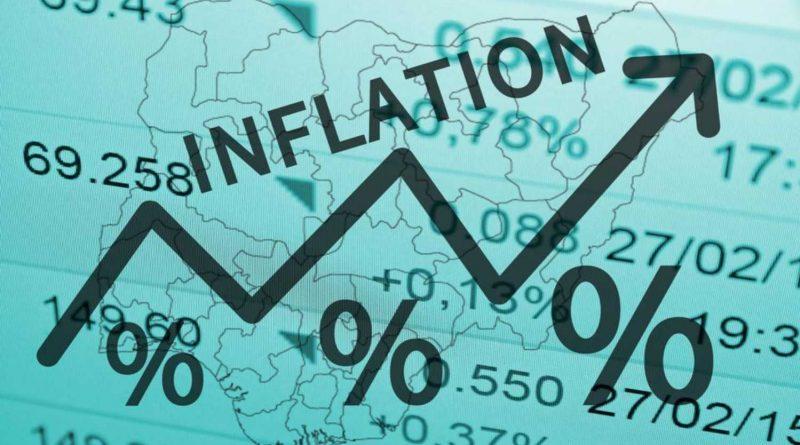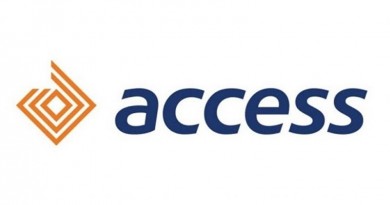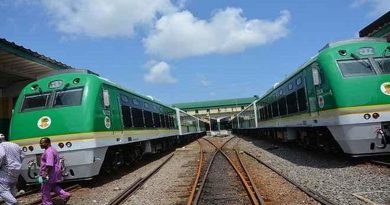Nigeria’s headline inflation rose to 33.20% in March
According to the report on Consumer Price Index (CPI) by the National Bureau of Statistics (NBS), headline inflation increased to 33.20% in March from 31.70% in February, marking a 1.50% points rise within a month. In comparison to March 2023, headline inflation surged by 11.16% points from 22.04%. Urban inflation climbed to 35.18%, while rural inflation went up to 31.45%.
Moreover, food inflation spiked to 40.01%. The surge in food inflation on a year-on-year basis is attributed to the hike in prices of essential household items like Garri, Millet, Akpu Uncooked Fermented, Yam Tuber, Palm Oil, and Vegetable Oil. In terms of overall inflation, Kogi, Bauchi, and Oyo experienced the highest increase at 39.97%, 38.34%, and 37.78%, respectively, while Borno, Benue/Taraba, and Katsina had the slowest rise at 25.78%, 28.12%, and 28.32%, respectively.
The persistent inflationary pressure poses a risk of further economic hardship as more individuals fall into poverty. The World Bank approximates that around 10 million Nigerians slipped into poverty in 2023 due to ongoing inflation, without a corresponding rise in nominal wages. High inflation also hampers economic activities as businesses struggle to make informed investment decisions due to fluctuating prices.
With inflation on the rise despite the Central Bank of Nigeria’s (CBN) stringent monetary policies, there is a necessity for additional fiscal discipline on the fiscal front by reducing unnecessary spending and boosting investments in the agricultural sector to enhance productivity. Furthermore, security in food-producing regions must be reinforced to encourage farmers to return to their fields. These actions are crucial in boosting food production, which would subsequently aid in curbing food inflation and headline inflation.




